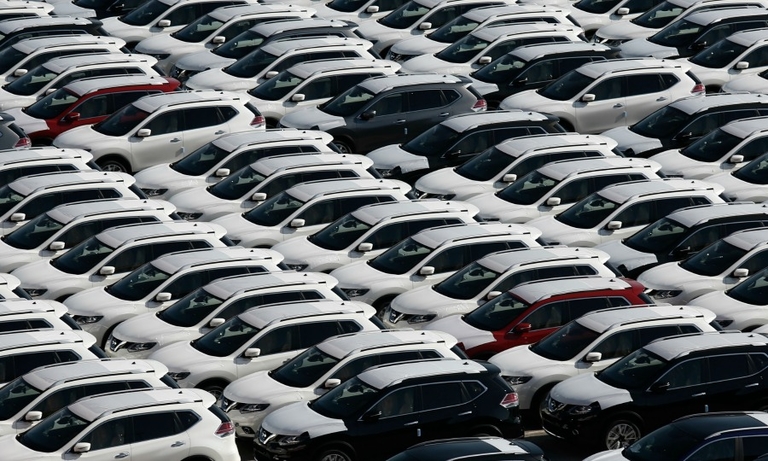Italian auto industry gliding Down Due to effects of nationwide lockdown

TURIN
– The Italian automotive industry is bracing for potential fallout from
a nationwide lockdown to stop the spread of the coronavirus that has
killed nearly 500 people in the country.
Italy’s prime minister has called the outbreak the country’s “darkest
hour,” inviting comparisons to the U.K. during World War II. The
effects, both psychological and economic, could be devastating as the
government struggles to contain the damage.
“We need to change our habits right now,” Prime Minister Giuseppe Conte
said at an unscheduled news conference Monday evening. He ordered the of
nation of more than 60 million people to “stay at home” as he explained
that “we are forced to impose sacrifices.”
Despite the dire warnings automakers and suppliers continued to operate on Tuesday.
“So far there is no change in the measures we have taken,” a Fiat Chrysler Automobiles spokesman told Automotive News Europe. “We are evaluating whether further measures will be necessary.”
FCA said that there have been no problems thus far receiving parts from suppliers.
When asked about the status of its retail network in Italy, the
spokesman said, “So far they are open, although customer traffic is
low.”
Ferrari, Maserati and several vehicle component suppliers contacted by ANE also said they were open for business on Tuesday.
This was possible because Italy’s lockdown includes a provision for
“proven working needs.” That means employees are allowed to go to their
jobs.
At FCA the option to work from home, which
previously was limited to specific cases, has been extended to employees
at all the company’s facilities as long as their absence is compatible
with the automaker’s production needs.
Since Monday, Maserati has only required essential employees to report
to work at its facilities in the Modena area. All others will work from
home. Maserati employees about 1,350 at three locations in the Modena
area.
Ferrari has said it will continue to operate as long as it keeps getting the components it requires from suppliers.
Short-term hit
Italy’s Finance Ministry said Monday that the country is better off
taking a short-term economic hit now to prevent a wider economic crisis.
The government has amped up spending to 7.5 billion euros ($8.5
billion) to help cushion the economic impact of the virus.
The Milan stock exchange opened higher Tuesday after an 11 percent drop
on Monday. The benchmark FTSE MIB index gained as much as 1.1 percent
and was up 0.7 percent at 9:05 a.m. local time on Tuesday. The yield
spread between Italian bonds and their German counterparts narrowed six
basis points, after widening to the highest level since August 2019 on
Monday.
The overall situation in Italy is this: Schools and universities will be
closed nationwide, all public events will be canceled and Italians
won’t be allowed to travel without a business or health-related
justification until April 3.
Now that Conte has sounded a global alarm, questions linger about the
enforceability in Western economies of the kind of draconian measures
needed to limit the number of people getting infected. The country’s
health system is on the brink of collapse — and the obstacles Italy is
up against in practical terms are much greater than what China carried
out in part of the country.
Chinese authorities didn’t impose travel restrictions nationwide,
instead training their focus only on the most impacted province, Hubei
in the country’s center. It locked down a handful of cities — including
Wuhan where the pathogen is thought to have originated — stopping air
and rail travel and restricting those who could leave by car.
The move restricted the virus largely within Hubei, causing cases in the
region to multiply dramatically throughout February and stretching
medical resources. Hubei set up temporary hospitals in gymnasiums and
auditoriums, and people waited for hours in order to be tested or
treated. The outbreak was more manageable across the rest of the
country.
The impact of the national lockdown won’t become clear for at least a
month, Giovanni Rezza, head of the infectious diseases department at the
Superior Health Institute told Corriere della Sera. “What matters more than government measures is how individuals behave. People haven’t realized how much they’re at risk.”




Leave a Reply